Last Sunday I watched the finals of the Madrid Open. The world’s top two tennis players, Novak Djokovic and Andy Murray, went head-to-head. Tennis is my favorite sport to watch; I like the one-on-one format and, as a recreational player of modest ability, I appreciate the enormous talent. I have had the privilege a few times in my life to be on the same tennis court, for a few moments at least, with players of staggering ability. The highlight of my tennis “career” came this March with a forehand I smashed as hard as I could that Ivan Lendl, former number one in the world for 270 consecutive weeks and the winner of 94 singles titles, somehow missed.
That, I can assure you, was a rare feat. So rare, in fact, that it got me imagining I’m playing a full set against Novak Djokovic, the world’s dominant men’s tennis player, and the winner in Madrid this past Sunday. And, I guess because of the strange way my mind works, I compared the odds of getting a functional protein by chance to the odds of me trouncing Novak Djokovic.
As you may know, proteins are the machine parts of our bodies, and they are built by our cells from the code in our DNA, by miniature 3-D printers that use the digital information to snap together chains of 20 specially chosen amino acids. One scientific paper found the odds of snapping together 150 of these special amino acids and getting a functional protein of any type, that is any use whatsoever, are about one in 1074. That’s one in a number with 74 zeros.
To get a sense of how unlikely that is, imagine it’s me versus Novak Djokovic. I’m not likely to win a single point. He has overwhelming talent, strength, and speed. But he is human, he could make a mistake, and perhaps I could smash a shot and get a lucky winner.
Let’s say, just to make up a number, that on every point my chances of winning are one in 1,000. At those odds, in an imaginary set, where he would have to win at least four points in at least six games, more than 97% of the time I will not win a single point.
Now imagine, if you possibly can, a mirror image set. In my fantasy set, I win every single point, 24 in all, to beat Djokovic 6-0. If the odds of me winning each point are one in 1,000, or 103, then the odds of me winning 24 points in a row are one in a number with 3 x 24 zeros, or one in 1072.
What’s shocking is that such a remarkably unlikely event, an event that I think any sane person would say is impossible, and not going to happen in our universe, is a hundred times more likely than the odds of getting a functional protein by snapping together a random chain of 150 of life’s amino acids. And we’re talking about a protein of relatively modest size here; the proteins – the working parts – of complex life are typically much longer, and the odds of getting one of those by chance are much, much worse, so small as to almost defy comprehension. If you need another example of how unlikely you are to overcome 1 in 1074 odds, that’s about your chances of picking a specially marked marble out of a pile of marbles bigger than our galaxy.
Now back to me versus Novak Djokovic. I’m not likely to win a single point, much less 24 points in a row. Yet every species has overcome these impossible odds to build new functional proteins. These new proteins don’t just differ in one or two places from a protein in another species; they are brand new coding; built from brand new DNA coding called “orphan genes.” A “gene” is a section of DNA that codes for a protein that contains the digital information that life’s 3-D printers use to assemble amino acids. These brand new sections of DNA coding are called orphan genes because they have no known relatives. Here’s a quote I use in my book from a mainstream (and Atheist) scientific magazine:
Orphan genes have since been found in every genome sequenced to date, from mosquito to man, roundworm to rat, and their members are still growing.
Counting To God, p. 162
So it’s me versus Novak Djokovic. I don’t think that I’m likely to win every point. Even if you could fantasize that I possibly could, could you continue that fantasy to say that such a rare event happened over and over again to build the new technology in every species, in millions of unrelated species? Well, that is precisely the Darwinian fantasy, that random mutations created this brand new functional coding. I don’t care if most scientists believe it. It’s nonsense.




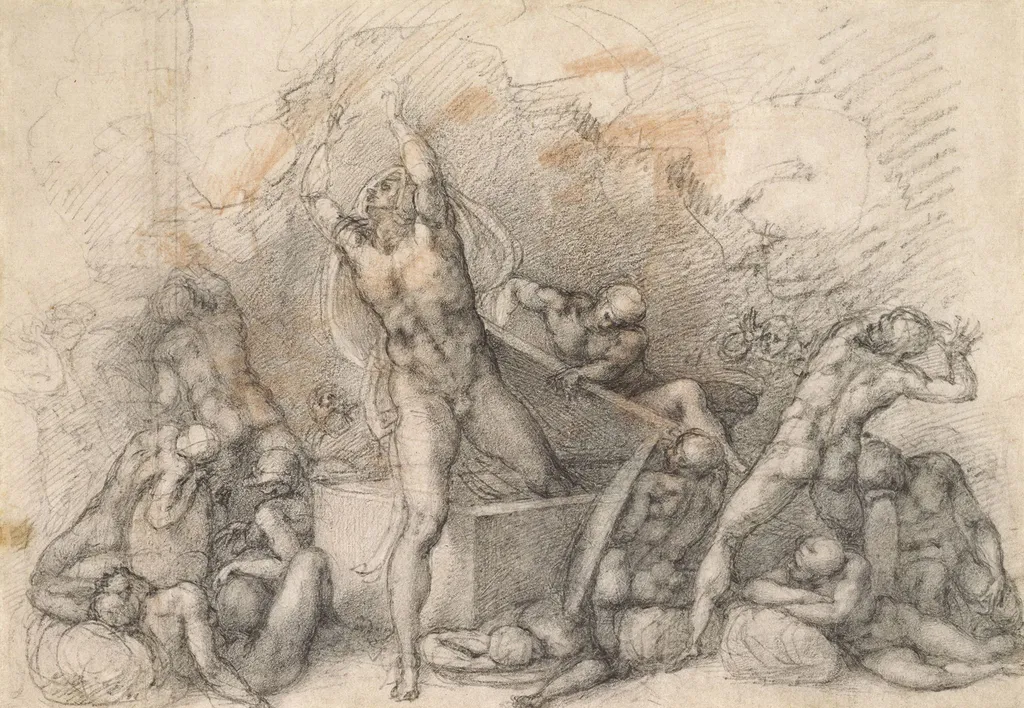
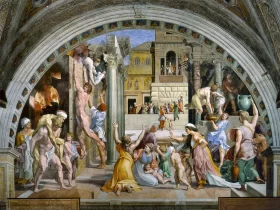
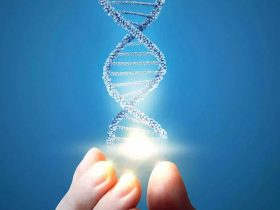


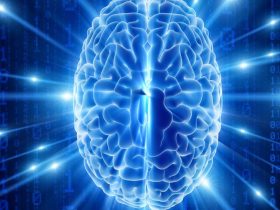




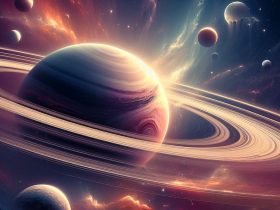


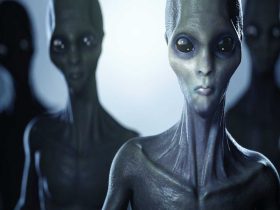
Leave a Reply